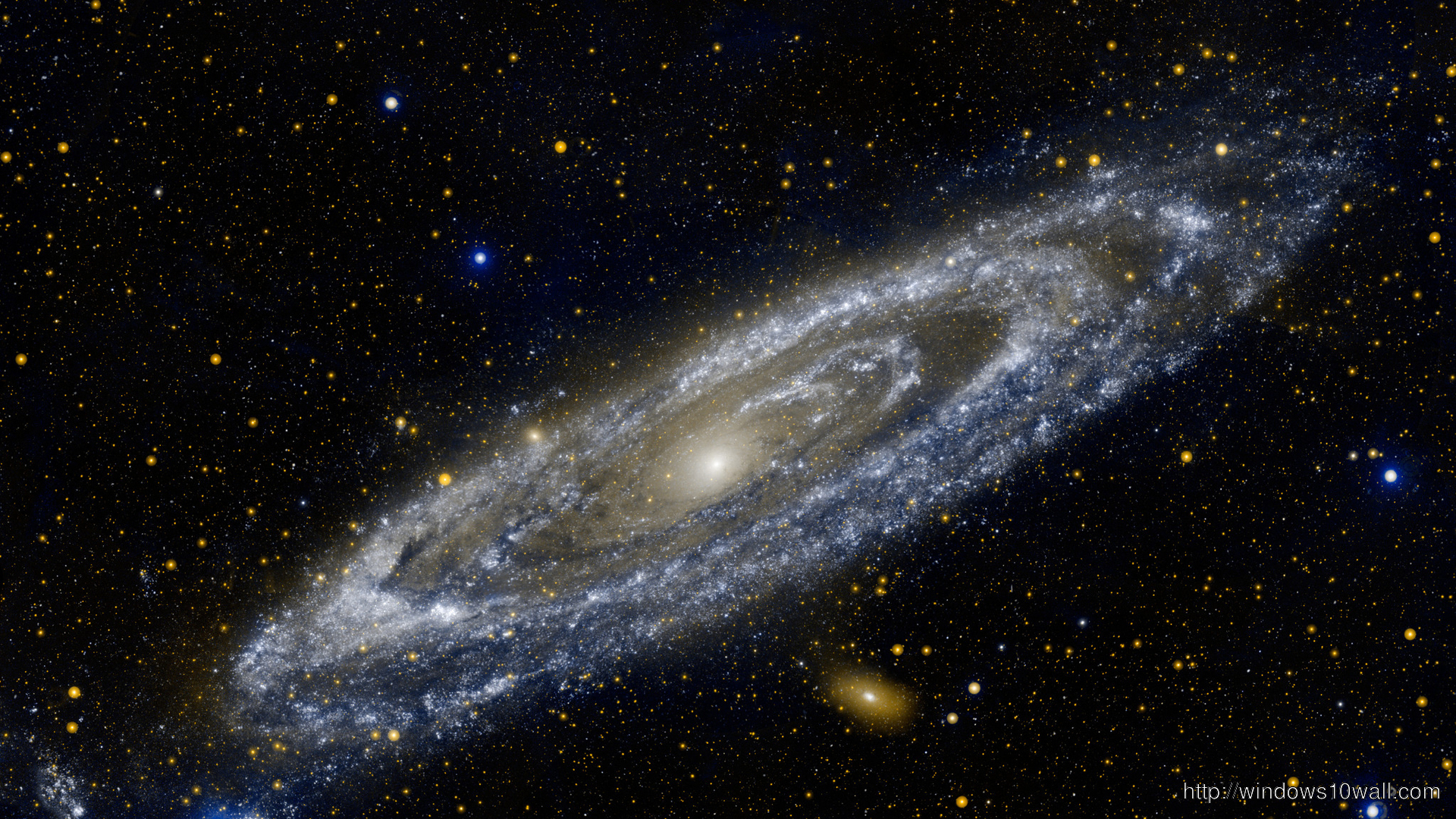We know that both Microsoft and Google have been working extensively on eliminating the divide between desktop devices and mobile devices such as smartphones and phablets. On one side is Windows 10 with a Continuum agenda, and on the other is the ChromeOS-Android mashup for Chromebooks.
What’s interesting, though, is the fact that one of Microsoft’s initiatives for Windows 10 is called Andromeda, and the really curious part of it is that Google is working on the same kind of thing, and they’re calling it Andromeda as well. Go figure!
What is Andromeda for Windows 10?
Windows 10 has several different versions, but they essentially run on the same core – OneCore – no matter what the device is. The difference is in the shell; different shells are used for Windows 10 Mobile devices, IoT devices, HoloLens, Xbox, tablets and PCs.
Andromeda uses a unique type of shell, however, and it’s been in the works for quite some time now. It’s called CSHELL, or Composable Shell, an adaptive shell that essentially allows Windows 10 to adapt to any device that it runs on. It’s very similar to how Windows 10 is able to scale between desktop and tablet modes, for example, but this adaptive shell basically covers all types of devices including consoles, tablets, etc.
The important part to remember here is that all these initiatives are all focused on one thing – to blur the line between desktop variants of Windows 10 and mobile versions of the OS. The concept behind Continuum essentially encapsulates what all these projects are trying to achieve; whether it’s x86 emulation on ARM64 architecture, CShell or even Andromeda, that’s the most important feature they all bring to the table.
Why is this so important?
We’ve been talking about this for a while now. Microsoft’s clear intention is to leverage Windows 10 to get into the smartphone space in a big way. Surface Phone is merely the vehicle that will allow them to control that software-hardware marriage the way they want to. Licensing Windows 10 Mobile to OEMs is one way to do it, but it doesn’t give them the control they need over the full device-os-apps equation.
Andromeda may well be showcased at the BUILD 2017 conference to be held in May this year, alongside Windows 10 Cloud and quite possibly a few more surprises from the house of Microsoft.
Thanks for reading our work! Please bookmark 1redDrop.com to keep tabs on the hottest, most happening tech and business news from around the world. On Apple News, please favorite the 1redDrop channel to get us in your news feed.



